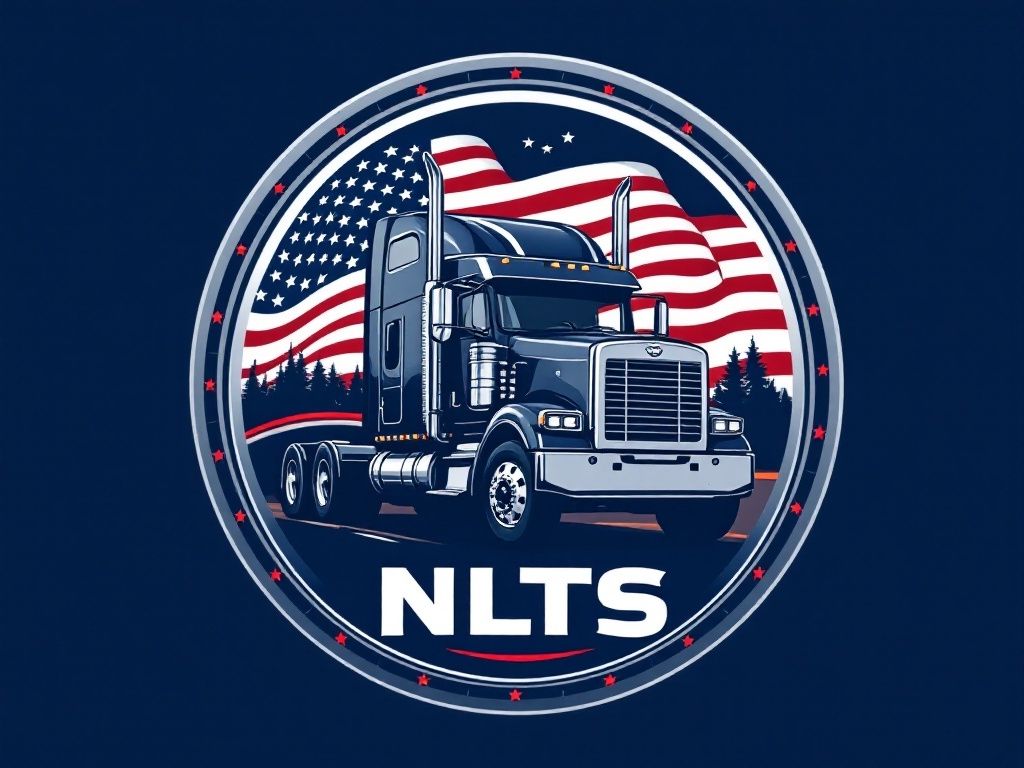How to Choose the Right Trucking Insurance Policy for Your Fleet
Understanding Your Fleet's Needs
Choosing the right trucking insurance policy for your fleet starts with understanding the specific needs and risks associated with your operations. Your fleet's size, the types of vehicles you operate, and the nature of your business all play crucial roles in determining the coverage you require. Assessing these factors will help you identify potential vulnerabilities and ensure comprehensive protection.
Consider the types of cargo your fleet transports and the routes they frequently take. High-value goods or hazardous materials may necessitate additional coverage, while routes through high-traffic or high-risk areas might require extra precautions. These considerations will guide you in selecting a policy that safeguards your assets effectively.

Types of Coverage to Consider
When it comes to trucking insurance, there are several types of coverage to explore. Some of the most common include:
- Liability Insurance: This is typically required by law and covers damages to other vehicles and property in the event of an accident.
- Physical Damage Coverage: This covers repairs or replacements for your trucks following accidents, theft, or natural disasters.
- Cargo Insurance: Protects the goods your fleet transports, offering compensation for lost or damaged items.
- Bobtail Insurance: Covers trucks when they are driven without a trailer, especially useful for owner-operators.
Each of these coverages serves a different purpose, so it's vital to understand how they align with your specific needs. A comprehensive policy often includes a combination of these coverages to provide robust protection.
Evaluating Insurance Providers
Once you've identified the types of coverage you need, it's time to evaluate potential insurance providers. Look for companies with a strong reputation in the trucking industry, as they will have a better understanding of your unique requirements. Researching customer reviews and ratings can provide insight into their reliability and customer service quality.

Additionally, consider providers that offer customizable policies. Flexibility is crucial, as it allows you to tailor coverage to your evolving business needs. Don't hesitate to ask for quotes from multiple providers to compare costs and coverage options.
Balancing Cost and Coverage
While it might be tempting to choose the cheapest policy available, it's important to balance cost with adequate coverage. Insufficient insurance can leave your fleet vulnerable to significant financial losses in the event of an accident or disaster. Always prioritize comprehensive protection over cost savings when possible.
Work with your insurance provider to explore discounts or bundling options that might reduce premiums without sacrificing coverage quality. For instance, installing safety devices or implementing driver training programs could qualify your fleet for reduced rates.

Reviewing and Updating Your Policy
Your trucking insurance policy should never be a "set it and forget it" solution. As your business grows and evolves, so too should your insurance coverage. Regularly review your policy to ensure it still meets your needs and adjust as necessary. Significant changes in your fleet size, routes, or cargo types should be promptly communicated to your insurer.
Maintaining open communication with your insurance provider can also help you stay informed about new coverage options or industry regulations that might impact your policy. By staying proactive, you can ensure your fleet remains adequately protected at all times.
